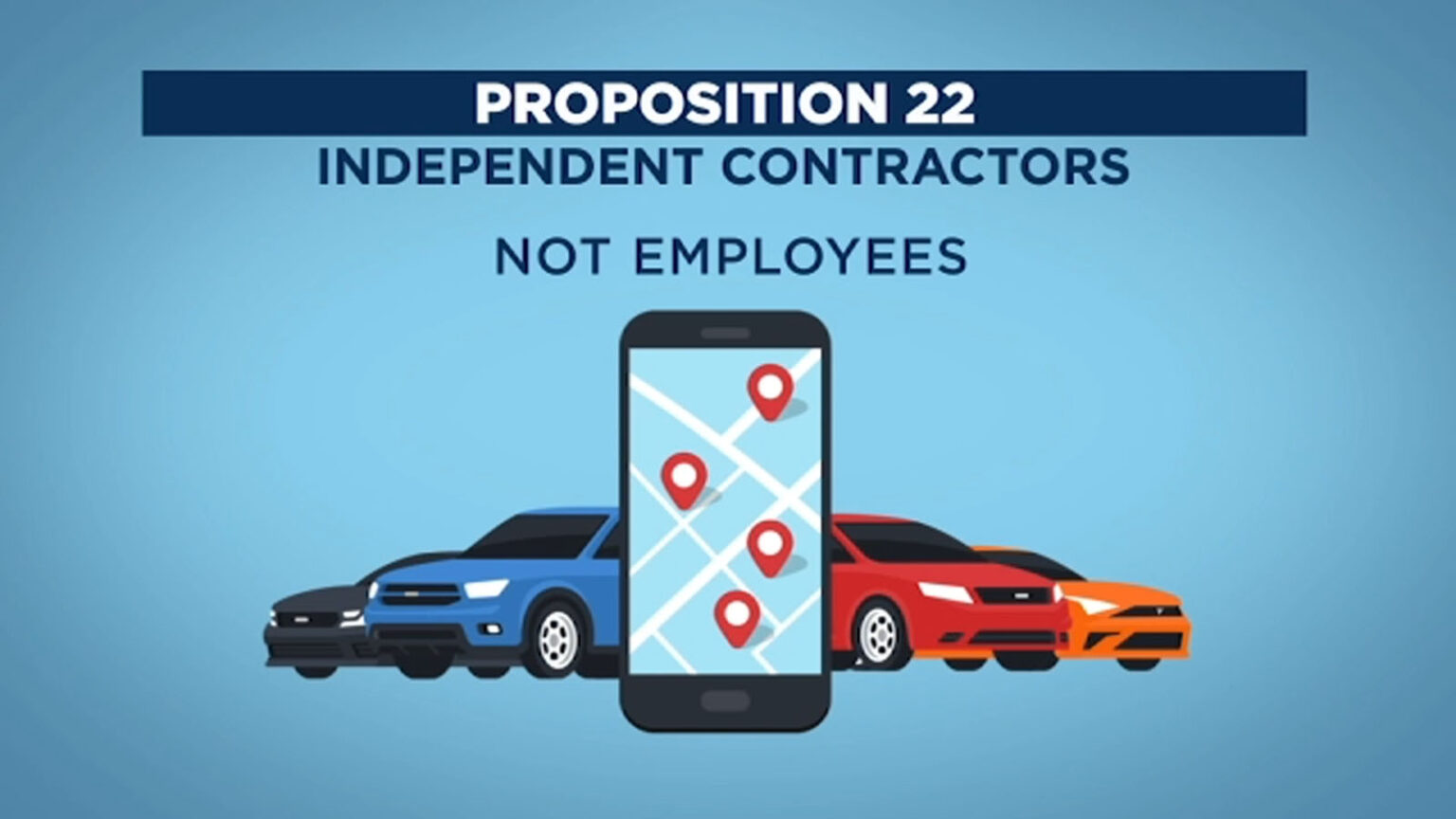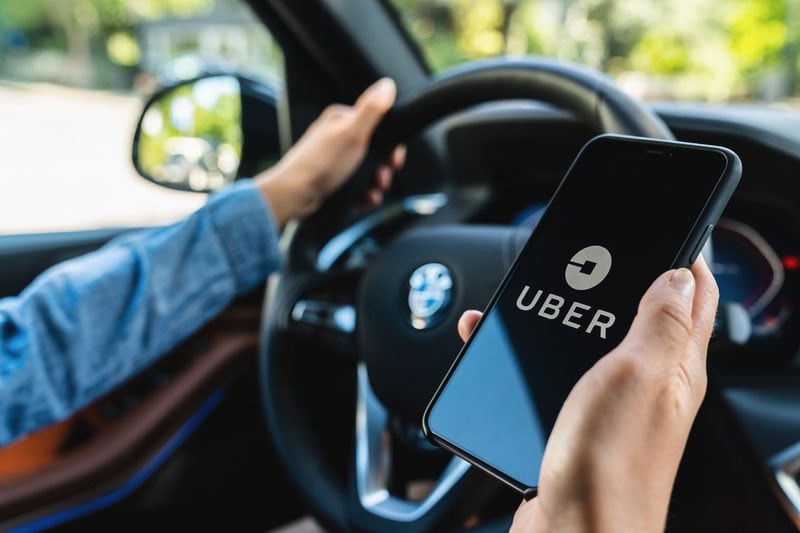
Prop 22: Is Uber trying to cheat their California drivers out of a paycheck?
Gig workers for companies like Uber and DoorDash are having a tough time in California, even despite the high demand for food delivery right now.
The situation is complicated and stems from the passing of Prop 22, a proposition from the California ballot that exempts companies with gig work – such as Uber – from certain labor laws.
The prop has passed and gig workers and drivers are reporting that they’re earning less than ever. What’s going on? Let’s talk about exactly what Prop 22 is, how it was passed, and what the current situation is for gig workers.

What’s Prop 22?
Prop 22 was proposed on the November 2020 ballot in California – the law allows companies who provide gig work in the state to avoid providing standard minimum wages and benefits like health care to workers – even if they work full-time hours.
The minimum wage in California state is $14 per hour or $13 per hour if the company has fewer than 25 employees. However, with Prop 22 companies wouldn’t be obligated to adhere to that – in fact, they aren’t even forced to adhere to the federal minimum wage of $7.25 per hour.

Prop 22 was passed
Prop 22 was spoken about and heavily debated before the election in November 2020. Gig work companies including Uber, DoorDash, and Postmates were fairly vocal about wanting the proposition to pass – in fact, it was co-written by Uber, Lyft, Instacart, and DoorDash.
Some workers were against Prop 22, those who work full-time hours driving people or food around the city wanted their employers to provide them with better pay and benefits. Although some gig workers were for the proposition. They were under the belief that companies like Lyft would leave the state altogether – creating joblessness for a number of people who make their livelihoods on the apps.
One driver said to The Guardian that he believed he’d “get an additional 30 cents per mile” after the proposition passed. This hasn’t been the case, however. The proposition passed with just over 58% of voters in favor of it.

What’s happening now?
California gig workers are reporting that they’re now being paid even less than they were before Prop 22 passed. One worker, Peter Young, saying it’s, “open season to start cutting my pay again”. He further explains that a good day for him often earns about $100 before expenses such as gas – approximately $5 an hour in wages.
Others have expressed that pay is unpredictable. Ben Valdez who has worked part-time for Uber over the last five year, including in the pandemic, has said that some nights he made a grand total of $4. Valdez has said that on the days he works he usually works for 12 – 15 hours.
The companies had promised 120% of minimum wage if Prop 22 passed, however the companies only take into account the time that workers are actively engaged in a task. Time waiting for another gig on the app doesn’t count, which means that nobody is making the 120% they were expecting.

The Guardian states that. “Rideshare drivers and the Service Employees International Union have filed a lawsuit claiming Prop 22 is unconstitutional because it prevents the California legislature from providing workers’ compensation to workers for the apps.”
Drivers and the Service Employees International Union have filed a lawsuit claiming that Prop 22 is unconstitutional due to the fact it doesn’t allow for the California legislature to compensate workers for the apps.
—
What do you think? Was Prop 22 a good idea gone bad or should it never have been passed in the first place? Let us know your thoughts in the comments down below.







